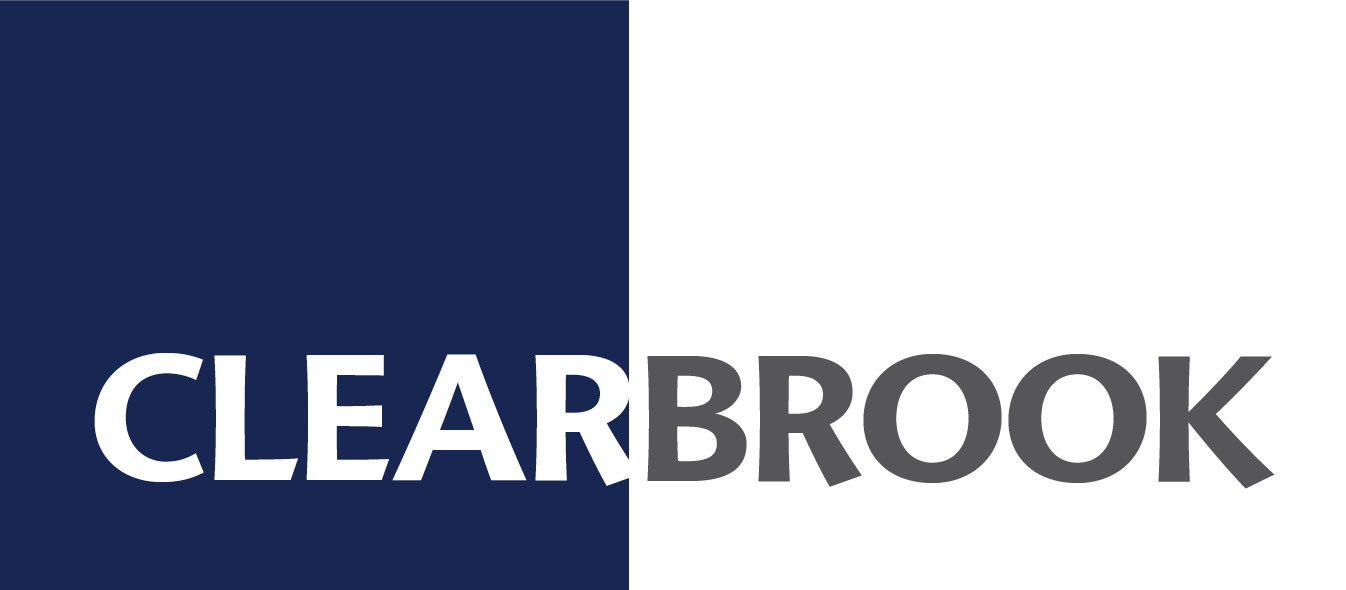Economic Data and Market Highlights
After the previous week’s volatility, the S&P 500 had its biggest weekly gain since November, rising 3.99%. Developed markets rose 4.09% largely because Japanese markets rose 7.09% in USD terms. Not only were there big swings in markets, but in volatility. The VIX, a popular measure that suggests the implied volatility of the S&P 500 based on index option flows, further, based on analysis from Bank of America published in Bloomberg, volatility of the top 50 stocks within the S&P 500 has increased to levels not seen since 1999/2000.

Again from Bank of America, their most recent survey of money managers points to managers fearful of recession and moving away from equities into bonds and cash. The fund manager survey (FMS) polled 189 managers with aggregate $508 bil AUM.

On Monday, we received the Treasury budget for July which showed a deficit of $243.7 billion which is up from the same time last year of $220.8 billion. The US government continues to run large budget deficits driven by interest costs that are overpowering defense spending. July NFIB Small Business Optimist came in this week at 93.7 and core PPI was flat with July PPI coming in at 0.1% which indicates it is moving in the correct direction to drive Fed rate cuts.
Rates on both the 30- and 15-year fixed rate mortgages decreased for the second consecutive week with the average contract interest rate for 30-year fixed rate mortgages decreasing from to 6.54% from 6.55%. Weekly MBA applications rose this week 16.8% while the Refinance index increased 35% from the previous week, 118% higher from a week ago. The seasonally adjusted purchase index increased 3% from the week prior. Applications increased to the highest level since January 2023 and the refinance index saw its strongest week since May of 2022 driven by gains in conventional, FHA, and VA applications.
US consumer sentiment climbed for the first time in five months in early August. The index rose from 66.4 to 67.8 in the preliminary August reading, exceding econimists estimates of 66.9. Consumers expect prices to rise at an annual rate of 2.9% over the next year which was unchanged from the previous month and they expect prices to rise 3% over the next 10 years. According to the survey, this uplift in sentiment was driven partially by President Biden bowing out of the election race, and consumers belief that Vice President Harris will do a better job running the economy if elected.

The Past Week’s notable US data points

The Upcoming Week’s notable US data points


Data Source: Blackrock, Bloomberg, Charles Schwab, CNBC, Goldman Sachs, J.P. Morgan, Morningstar, MarketWatch, Standard & Poor’s, and the Wall Street Journal.
Authors:
Jon Chesshire, Managing Director, Head of Research
Michael McNamara, Analyst
Sam Morris, Analyst
